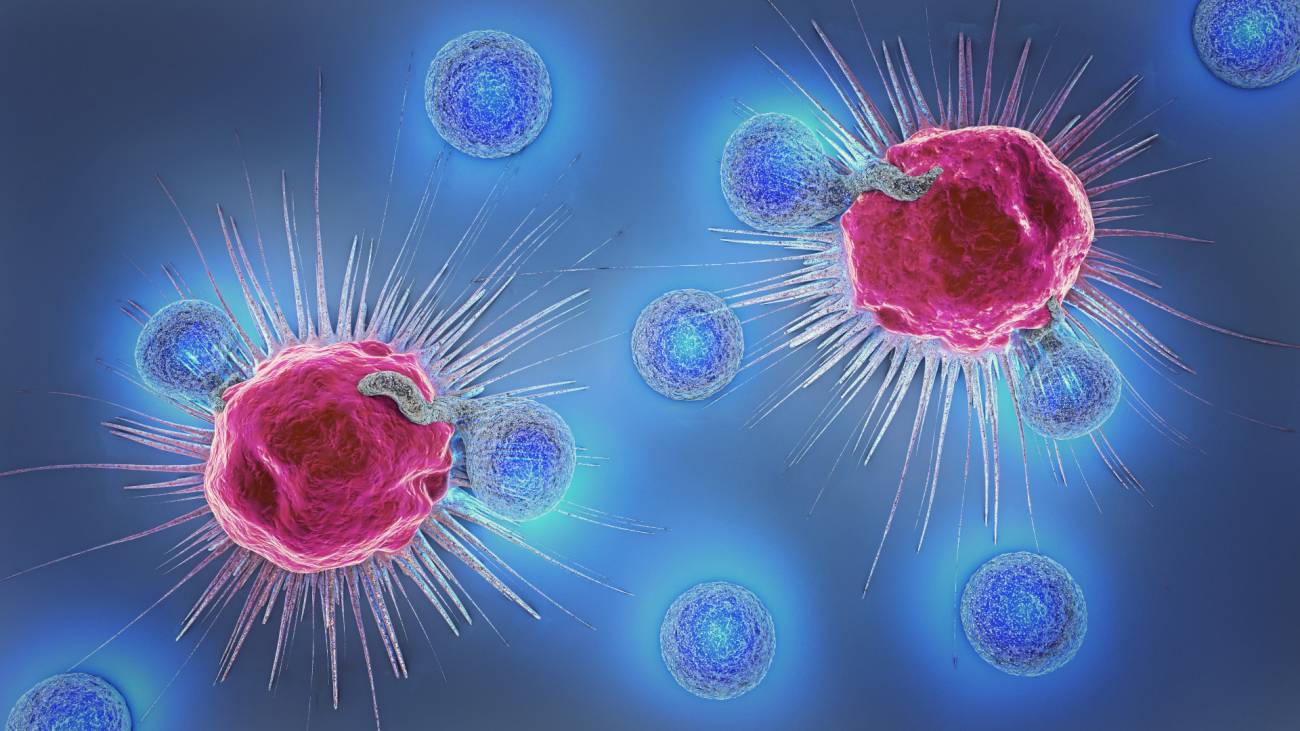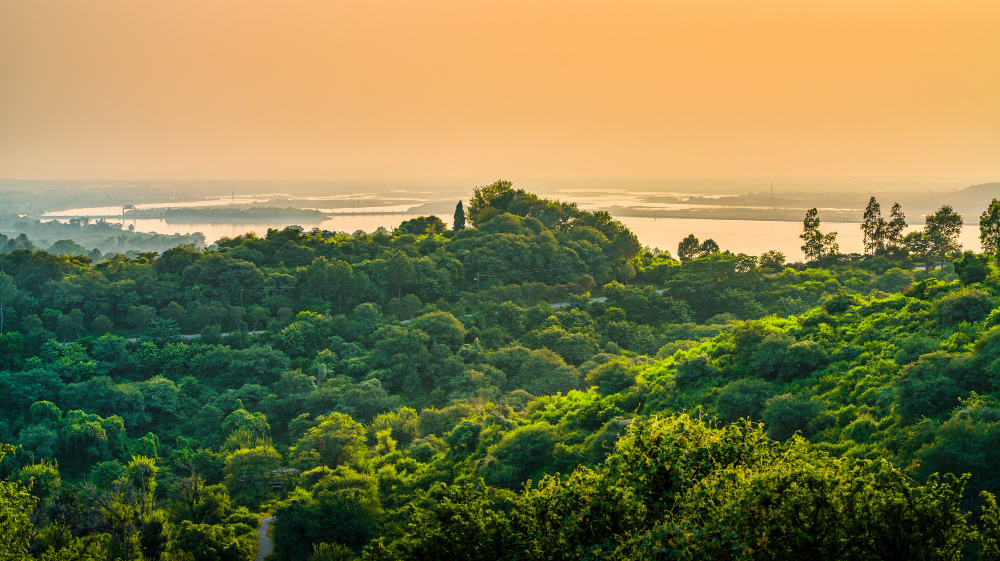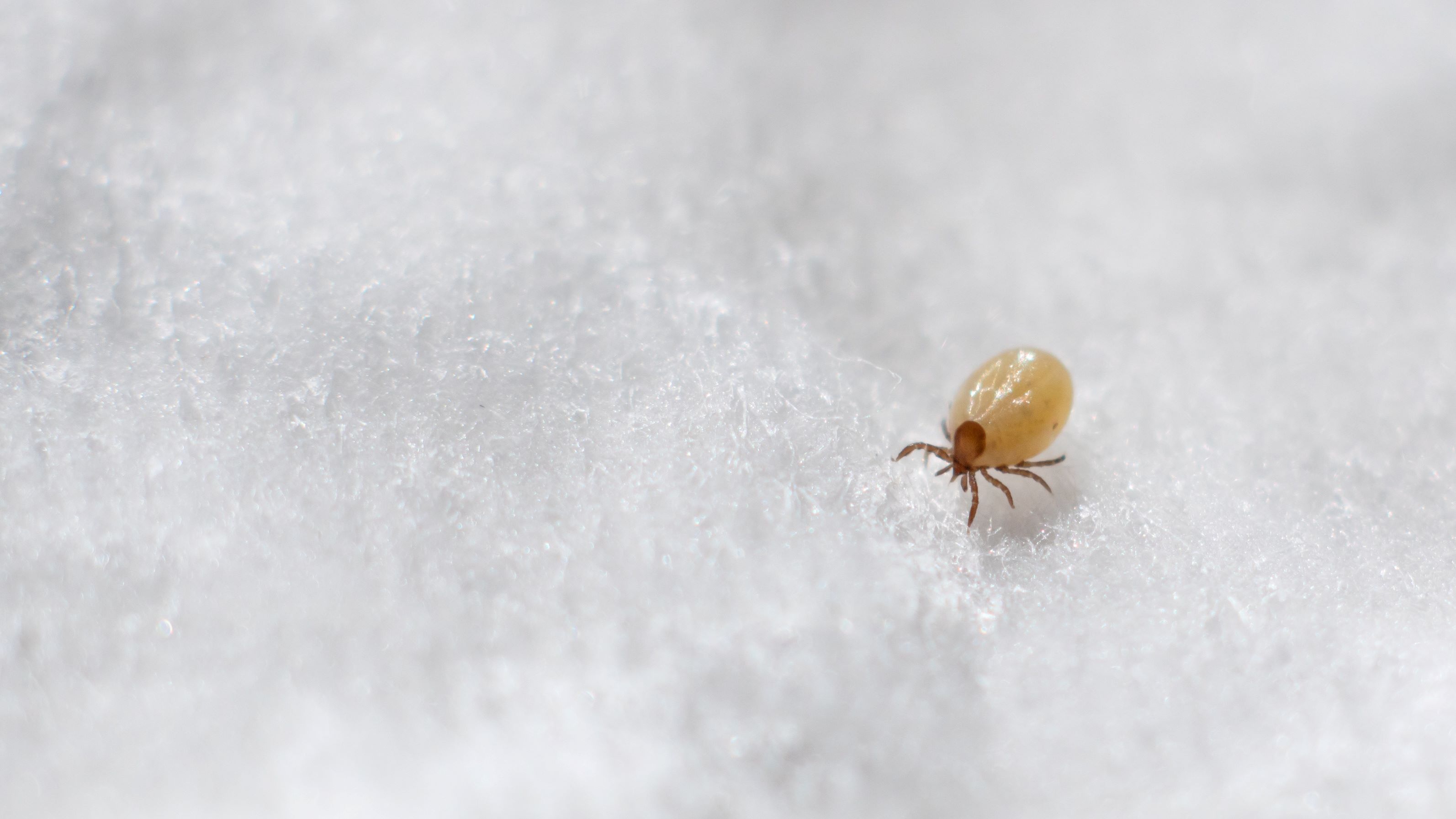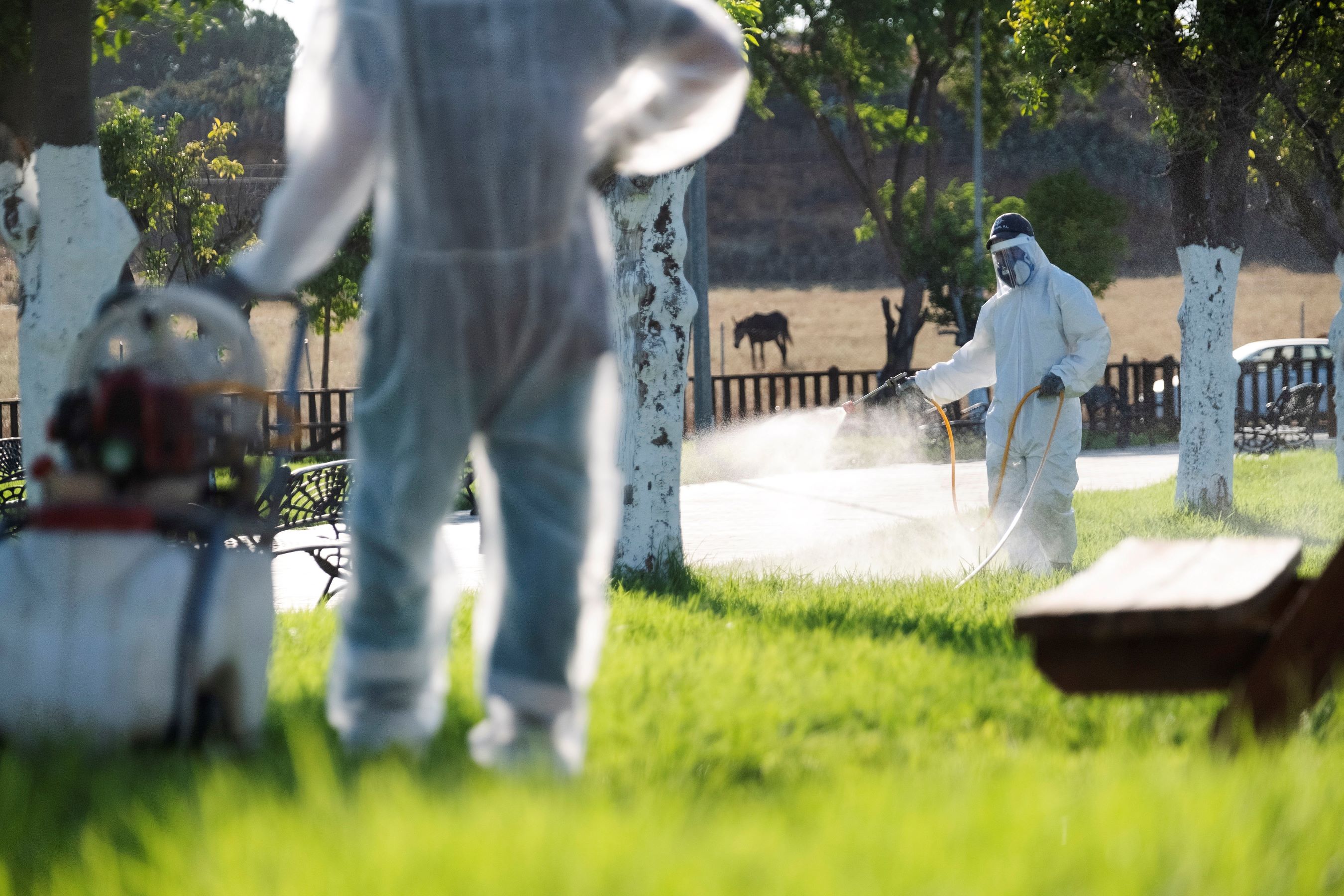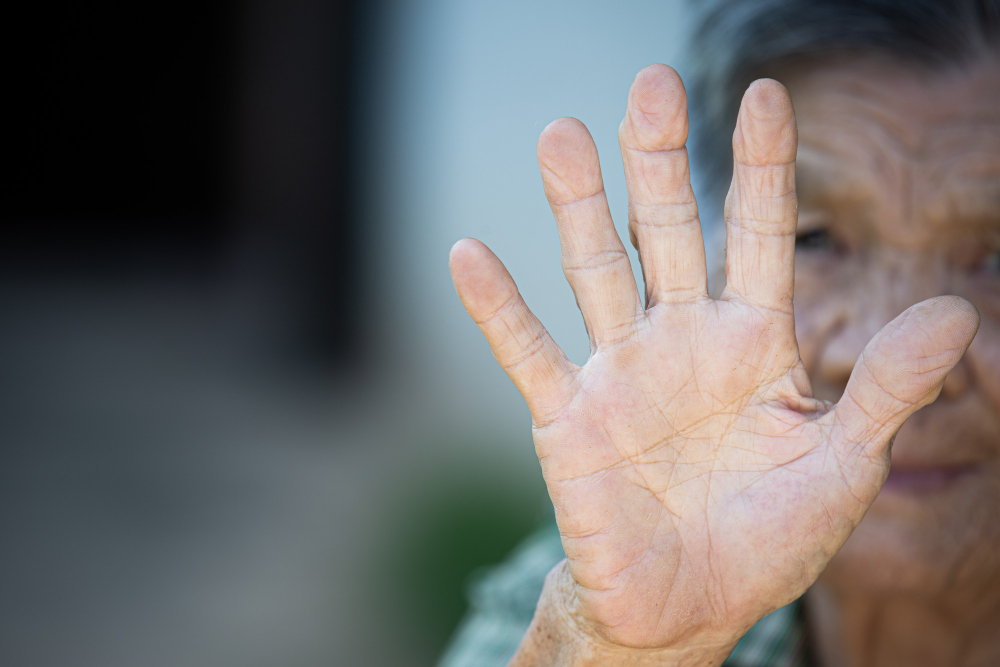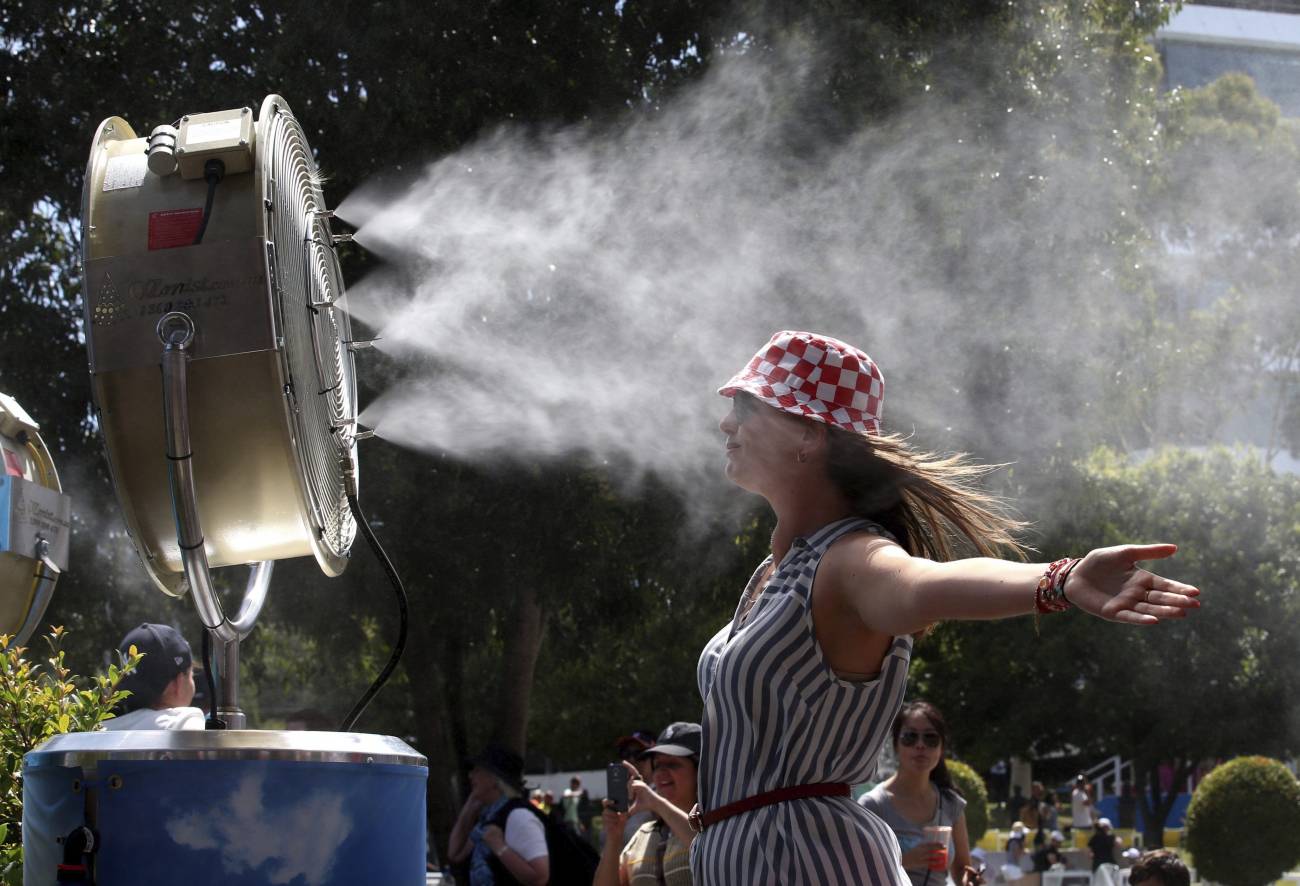New genetic predisposition to obesity linked to a blood group described
About one in 5,000 people have a genetic variant in the SMIM1 gene that results in a particular type of blood type called Vel negative. An international team of researchers now describes the same variant as being associated with a predisposition to obesity, metabolic disturbances and lower resting energy expenditure. Women studied with the variant weigh, on average, 4.6 kg more, while in men the difference is about 2.4 kg. The results are published in the journal Med, published by the Cell group.


